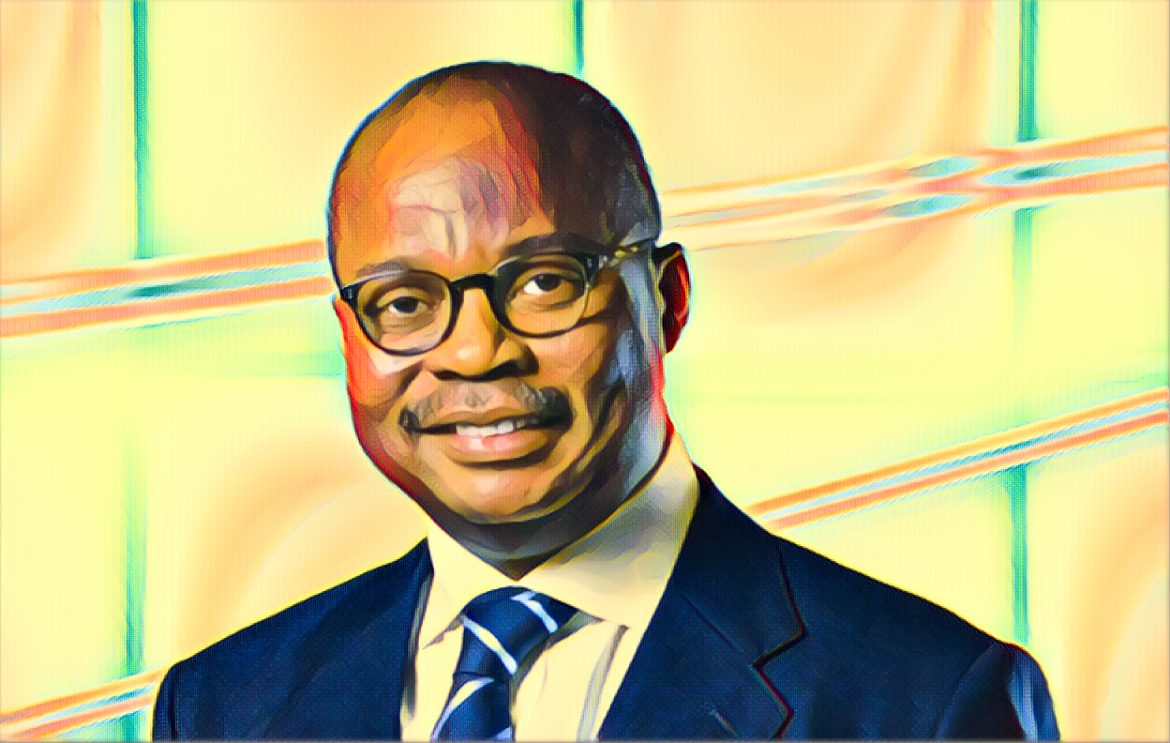African leaders have called on the Group of Twenty (G20) to expedite debt restructuring for the continent’s most vulnerable countries, including Ghana, Ethiopia, and Malawi. The appeal was made by Dr Ernest Addison, Governor of the Bank of Ghana, at an African Caucus Meeting on “Making public debt useful for sustainable growth in Africa” in Marrakech, Morocco.
Dr Addison said that the recent agreements reached between Zambia and Chad and their creditors were encouraging, but more needed to be done to ensure timely, orderly, equitable, inclusive, and transparent debt relief for other regional distressed members. He also stressed the need for a carefully designed debt resolution mechanism, especially for countries with large domestic creditors, such as Ghana, to avoid domestic financial market instability.
The governor said that improved debtor-creditor engagements through an enhanced Global Sovereign Debt Roundtable (GSDR) and strengthened technical support were critical to boosting a swifter, more proactive, and more systematic restructuring. He also reaffirmed the request for a debt standstill during negotiations to offer immediate relief to debtors and restated the call for multilateral debt cancellation for the most vulnerable members facing acute debt challenges.
Dr Addison noted that enhanced cooperation between the International Monetary Fund (IMF) and the Multilateral Development Banks/Regional Development Banks was necessary to facilitate the timely provision of financial assistance for G20 members facing significant debt and growth challenges. He also reiterated the call for new Special Drawing Rights (SDR) allocation through these institutions, given their multiplier effects in achieving climate and development goals.
The governor urged the IMF to remain steadfast and adapt its lending toolkits to changing global conditions to better serve its G20 vulnerable membership.
Many African economies face acute debt challenges underscored by rising social and infrastructural needs amid spillovers from the war in Ukraine, tightening global financing conditions, and climate-related disasters. According to the World Bank, 18 African countries are at high risk of debt distress, and six are already distressed as of October 2023.
The G20 Common Framework for Debt Treatments was launched in November 2020 to provide a coordinated approach to address the debt challenges of low-income countries. However, the implementation of the framework has been slow and uneven, with only four countries (Chad, Ethiopia, Zambia, and Ghana) requesting debt treatment under it so far.
The IMF Managing Director, Ms Kristalina Georgieva, acknowledged that the Common Framework had been slow to deliver to countries that turned to it for support. She noted, however, that the time taken to reach an agreement among creditors had shortened with every step. She recommended a case-by-case approach in identifying the creditors and forming a creditors’ committee, while the IMF and World Bank provided the parameters they needed to agree on.
She also hoped that more countries would benefit from the Common Framework and more creditors would participate. She said the IMF was committed to working with all stakeholders to ensure public debt was used for sustainable growth in Africa.
Source: GhanaWeb




